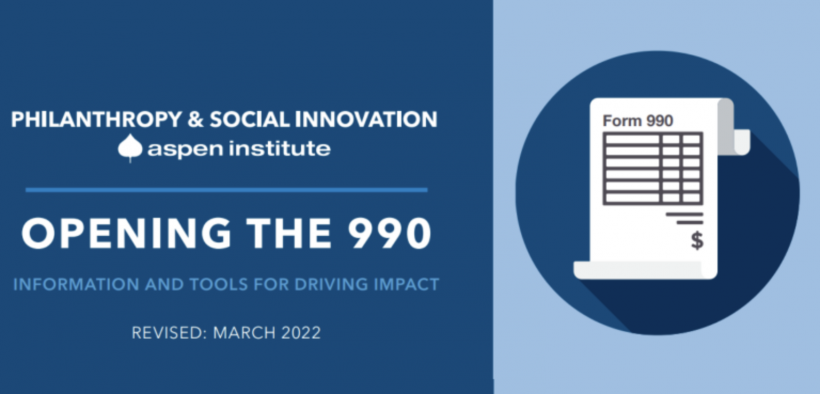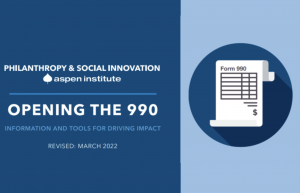Taxpayer First Act Expands Mandatory E-Filing of Form 990

The Taxpayer First Act, which passed in 2019, has provisions that clarify and give transparency to a number of Internal Revenue Service (IRS) operations, including some that impact nonprofits.

The bill (H.R. 3151) requires modernization of IRS systems, changes in employee training and hiring, updates to enforcement actions, and enhanced cybersecurity and identity protections. One provision codifies community Volunteer Income Tax Assistance (VITA) programs and provides up to $30 million annually for developing, expanding, or continuing them.
Several sections of the bill directly affect nonprofits. Under its terms, the IRS is required to provide notice to any nonprofit that fails to file a Form 990-series return or postcard for two consecutive years. The notice must inform organization leaders of the missing documents and disclose that their tax-exempt status will be canceled if the organization fails to file a return or postcard by the due date for the next return or postcard. The notice must also contain information about how to meet the annual information return and postcard requirements.
The most wide-ranging impact of the bill might be a requirement that tax-exempt organizations file tax forms electronically. The electronic filing requirement covers nonprofits that file the annual financial forms 990, 990 PF, 990-EZ and 990-T as well as Form 8872, which details contributions and expenditures by Section 527 political organizations.
Under the stipulations of the Taxpayer First Act, nonprofits filing Form 990-EZ for tax years ending July 31, 2021 and later must file their documents electronically. Organizations filing Form 990-T, the Exempt Organization Business Tax Return, must do so electronically for forms with due dates on or after April 15, 2021. Any Form 990 or 990-PF with a tax year beginning on or after July 2, 2019 must be filed electronically.
Access to MinistryWatch content is free. However, we hope you will support our work with your prayers and financial gifts. To make a donation, click here.
Nonprofits that file federal Form 990-EZ can now turn to an updated guide from The Aspen Institute for help filing their forms electronically. The new guide from the Washington, D.C.-based organization includes information on filing Form 990-EZ, which as of 2022 is required to be filed electronically. Form 990-EZ is used by organizations that have gross receipts of under $200,000 and total assets of under $500,000 at the end of their tax year.
In addition to requiring tax-exempt organizations to file their annual financial forms electronically, the Taxpayer First Act also called for creation of an open, searchable file of these documents. According to the Aspen Institute, this database will:
- Help nonprofits advance understanding of their finances, missions, and programs;
- Assist nonprofit leaders, policymakers, and the public in understanding trends in the nonprofit community, measuring nonprofits in comparison to each other and make more informed decisions for their organizations;
- Provide donors with information necessary for them to make more informed giving decisions; and,
- Facilitate development of tools and applications that illuminate and solve problems within various nonprofit communities.
This article was originally published by The NonProfit Times. It is reprinted with permission.



